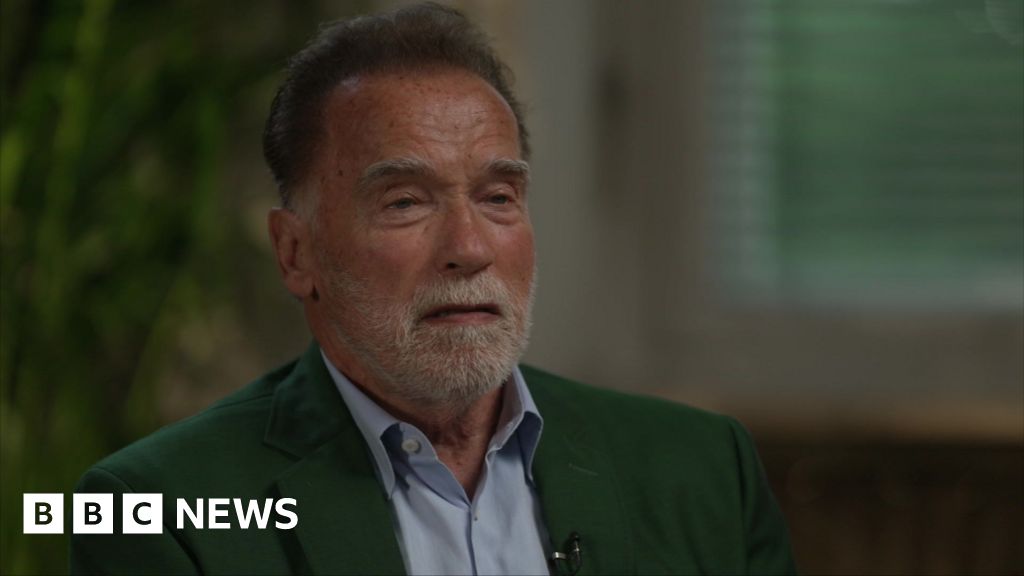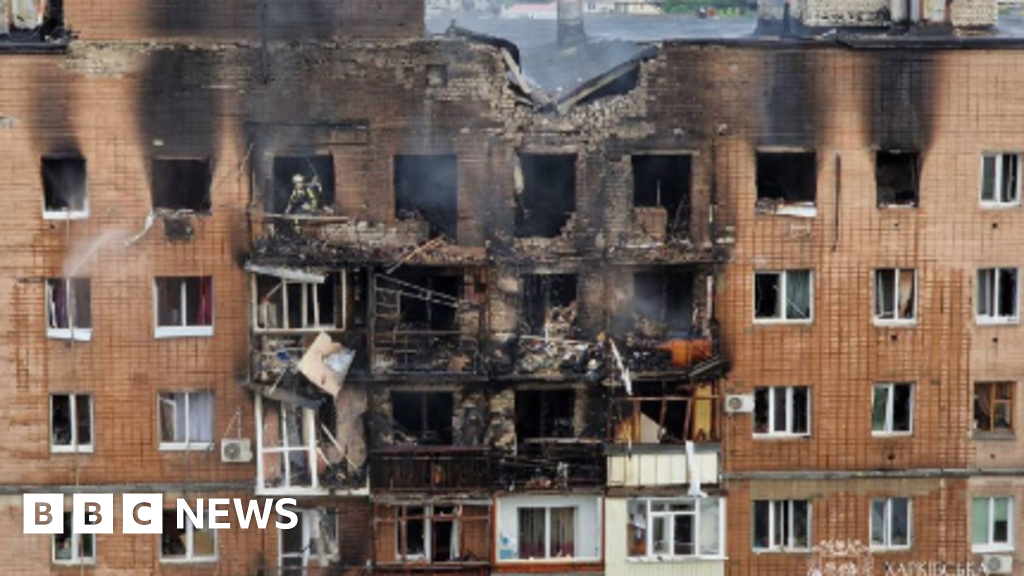ARTICLE AD BOX
image source, AFP
image caption, The last presidential election was held in November 2016, but parliamentary polls are long overdueGeneral elections scheduled for November in Haiti have been postponed indefinitely after the country's prime minister dismissed all members of the body which organises elections.
Prime Minister Ariel Henry said he would appoint a new electoral council, but has not said when he would do so.
It is the fourth time the election has been postponed.
Haiti has been torn apart by a fierce power struggle triggered by the killing of President Jovenel Moïse in July.
Prime Minister Ariel Henry, who was named by President Moïse just two days before the killing, ordered the dissolution of the nine-member Provisional Electoral Council (CEP) on Monday.
A decree to that effect was published in Haiti's official gazette.
What role does the council play?
The Provisional Electoral Council (CEP) is Haiti's electoral commission and the body responsible for organising presidential and parliamentary elections.
Its role includes ensuring that elections are held feely and fairly.
The most recent controversy involving the CEP started in July 2020, when all nine members of the CEP resigned.
They did so in protest at attempts by then-President Moïse to change the 1987 constitution to strengthen the role of the presidency and lessen that of parliament.
image source, AFP
image caption, The CEP organises and schedules electionsPresident Moïse wanted to put those changes to the Haitian people in a referendum, which would have fallen to the CEP to organise.
But the CEP members argued that Haiti's 1987 constitution did not allow the use of a referendum to change the constitution, and stepped down rather than organise a referendum they deemed unconstitutional.
President Moïse then proceeded to appoint nine new members to the CEP but Haiti's Supreme Court refused to swear them in, arguing that their appointment had been "irregular".
The president bypassed the Supreme Court and proceeded with the instalment of his chosen CEP but questions about its legitimacy has dogged its members ever since.
What about the elections?
Earlier this year, the CEP had scheduled the constitutional referendum and the parliamentary and presidential elections for 26 September 2021.
But following the killing of President Moïse by mercenaries on 7 July, the polls were postponed to 7 November.
Following the dismissal of all the CEP's members on Monday, new CEP members will have to be appointed and a new election date set.
Prime Minister Henry did not set a deadline for the instalment of a new CEP, but only said that "sufficient time" would be allowed for its members to be chosen.
What next?
The CEP was deeply unpopular with many Haitians and the dismissal of its members has been welcomed by some.
André Michel of the opposition grouping Popular and Democratic Sector, described it on Twitter as "an important step" which would open the door to the appointment of a new "credible and legitimate" CEP.
But the renewed delay of the elections is also likely to throw Haiti into even more uncertainty at a time of extreme crisis.
Not only is the country without a president, it is also recovering from a devastating earthquake in August which killed more than 2,200 people.
image source, EPA
image caption, Opposition spokesman André Michel welcomed the dismissal of the CEP membersWhile the constitutional referendum proposed by the late President Moïse was unpopular with many, there was general agreement that general elections needed to be held as soon as possible - not just to replace Mr Moïse, but also to have a functioning legislative.
The mandates of the members of parliament expired in January 2020 and, before his killing, Mr Moïse had been ruling by decree.
The situation in the Senate is not much better, where only 10 out of 30 senators still have a valid mandate.

 3 years ago
69
3 years ago
69








 English (US) ·
English (US) ·